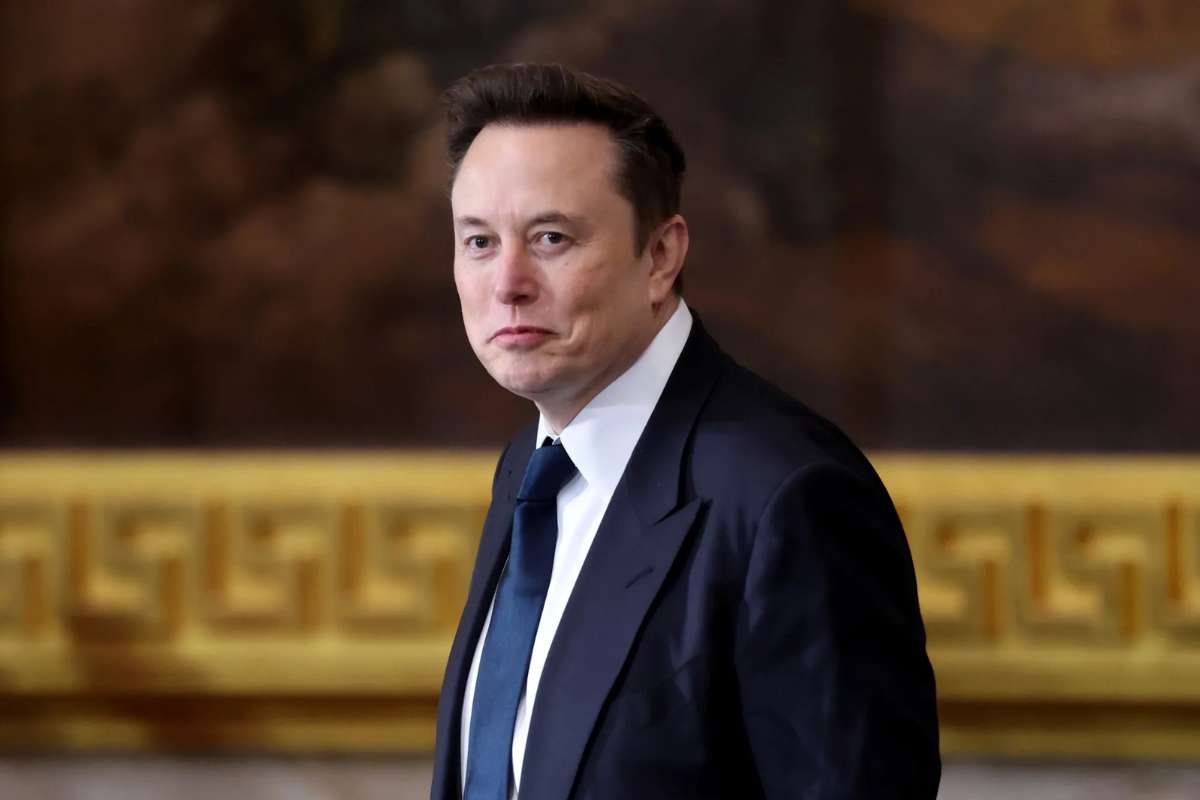Musk’s Multi-Billion Dollar Offer for OpenAI
Elon Musk, alongside a group of investors, has put forward an offer nearing $100 billion to gain control of OpenAI’s non-profit governing body. This move adds another layer of complexity to OpenAI’s ongoing efforts to restructure itself into a more conventional for-profit company. OpenAI, originally founded in 2015 as a non-profit research entity, introduced a capped for-profit subsidiary in 2019 to attract external funding. The organization is now attempting to streamline its structure, shifting to a more traditional corporate model. Musk’s bid, if considered, would grant him control over OpenAI’s assets, including its for-profit division.
Despite the substantial offer, OpenAI has been clear about its stance—its leadership has stated that the company is not for sale. CEO Sam Altman has reaffirmed this publicly, and internal sources indicate that no formal bid has been received by OpenAI’s board. However, Musk’s move still casts uncertainty over the company’s valuation and restructuring process.
The History Behind Musk and OpenAI
Musk’s interest in OpenAI is rooted in his past involvement with the organization. As a co-founder, he played a significant role in its early development but stepped away from the board in 2018 due to differences with Sam Altman over the company’s direction. Since then, Musk has positioned himself as a competitor in the AI space, launching his own artificial intelligence venture, xAI. This background suggests that his takeover attempt could be motivated by both business rivalry and a genuine belief that OpenAI has deviated from its original mission.
Some industry analysts speculate that Musk’s bid might not be a serious acquisition attempt but rather a strategic move to disrupt OpenAI’s restructuring efforts. By offering a significantly higher valuation—pushing the estimated worth of OpenAI’s assets closer to $100 billion—Musk could force the company to reassess its financial strategy. This would potentially make the restructuring process more expensive, leaving OpenAI with fewer resources to invest in its AI development goals.
Impact on OpenAI’s Future Plans
OpenAI’s restructuring is already a complex undertaking. The organization needs to place a definitive value on the assets held by its non-profit entity to facilitate its transition. Internally, OpenAI has been discussing a valuation of approximately $30 billion. However, Musk’s high-stakes bid complicates this by setting a new benchmark, potentially influencing investor expectations and financial negotiations.
While OpenAI remains firm in its decision to reject outside acquisition offers, Musk’s actions have introduced an additional challenge. By creating uncertainty around OpenAI’s valuation and ownership structure, he has placed pressure on the organization at a critical time in its evolution. Industry observers will closely monitor the unfolding developments to see how OpenAI navigates this unexpected complication in its restructuring process.
Musk’s bid highlights the growing tensions in the AI industry, where key players are vying for dominance in an increasingly competitive market. Whether this bid will have lasting effects on OpenAI’s trajectory remains to be seen.










